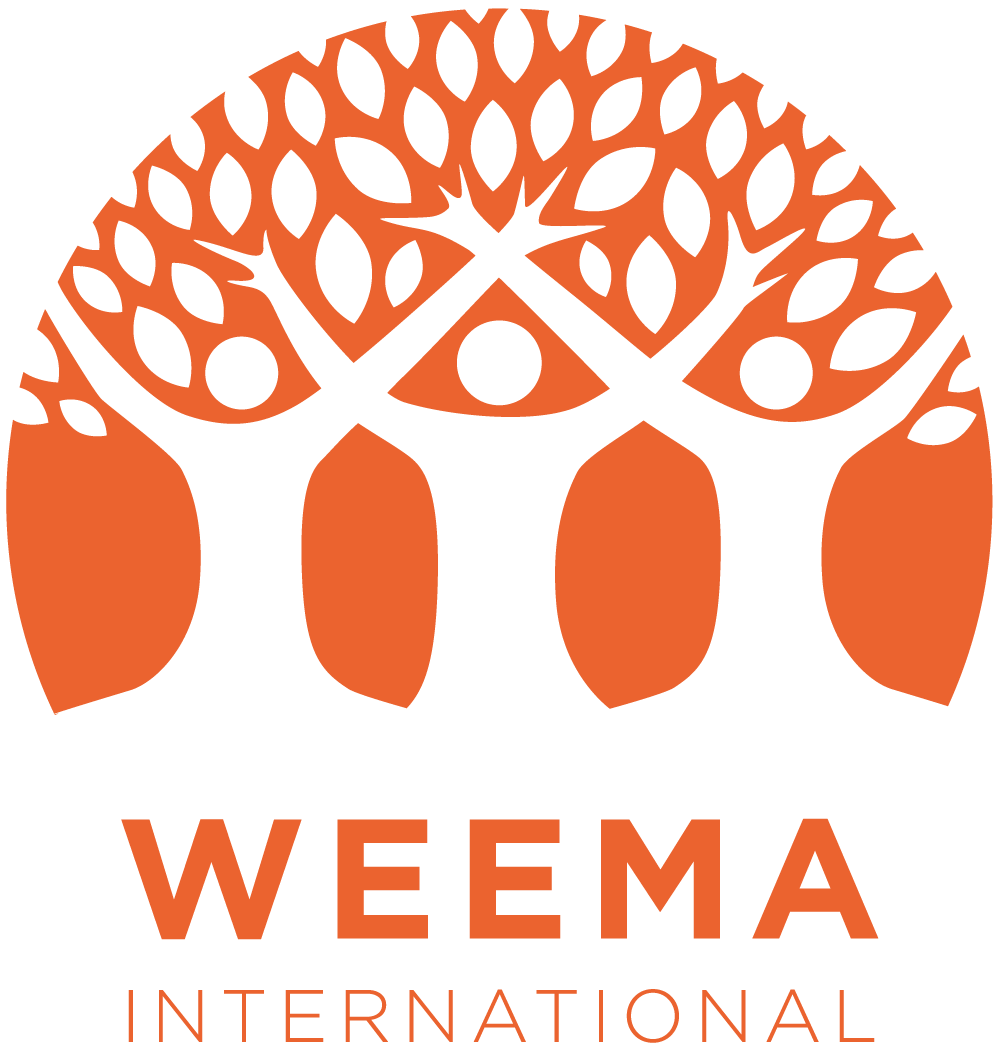Lata shared, “…this water point has brought peace and stability to our lives.”
Read MoreThe power of women uniting is an incredible force for good.
Read MoreThe women of the Sera Meserat group shared their personal stories with us, highlighting the group's impact on their personal and community well-being.
Read MoreWomen’s Self-Help Groups empower their members to create better futures for themselves, their families, and the community.
Read MoreThe ripple effect of women’s self-help groups is transformative to women, their families, and the larger community.
Read MoreCommunity involvement is critical for water projects to become sustainable.
Read MoreLack of access to clean water impacts every aspect of a woman's life. But Kedija’s life changed for the better when a water station was built near her home.
Read MoreWe are committed to addressing gender equality across all our program areas by focusing on improving the lives of girls, women, and the most vulnerable in our communities.
Read MoreRecently, our staff visited Asrat, his wife Dinknesh, and their four young children in the beautiful village of Osheto. Asrat and Dinknesh participate in multiple projects, including our farmers' support project, adults with disabilities project, and women's self-help group.
Read MoreUterine prolapse is a significant public health concern, affecting women's overall health and well-being in the communities we serve.
Read MoreWomen's Self-Help Groups have genuinely made a positive impact on the lives of many women in the communities we serve.
Read MoreEtanish’s women’s self-help group gathers every Wednesday morning.
Read More2022 was a very busy year. Here are some images highlighting the impact in the communities we serve.
Read MoreMeaza Tesfaye is a water committee member in charge of her community's water station finances.
Read MoreTesfanesh is a volunteer teacher at the school and is the vice-secretary of the Cluster Level Association for her local women’s self-help groups.
Read MoreThe power of women uniting for the well-being of their children is not only universal but also unstoppable.
Read MoreWhen you invest in our Self Help Groups, you enable women like Amarech to invest in themselves and their families.
Read MoreWEEMA facilitated a discussion among all Tembaro Woreda women school principals and teachers on the topic of Prevention of Sexual Exploitation, Abuse and Harassment.
Read MoreThis past month, WEEMA’s staff in Addis hosted some of our outstanding Self Help Group (SHG) Volunteers from Tembaro. The group of women came to share their experiences about the Self Help Group structure and WEEMA’s work with empowering women.
Read More“It makes me the most proud to show that women and mothers can also lead offices! I want more women to hold similar positions in the future! So, I’m also hoping to design more projects for women, especially for mothers so they’re not solely dependent on their husbands.”
Tsehaynesh Keamso, First Female Chairperson of Hodo Kebele and in all 24 kebeles of Tembaro Woreda!
(The Woreda is divided into 24 administrative units called "Kebeles")




















